The North Central IPM Center has funded hundreds of projects since its beginning, spanning all twelve regional states and awarding over $300,000 in annual funding. The diverse IPM research conducted under the priorities of our stakeholders continues to impact not only those in the North Central region, but across the U.S. and beyond.
The Center currently funds 13 working groups and 3 critical issues projects that address food security, human and animal health, environmental resources, pollinator protection, and crop system sustainability. These projects encourage collaboration, with over 1,000 working group members, increasing IPM knowledge sharing and adoption while improving information exchange, economic and environmental impacts.
Regional IPM Center Summaries
IPM Protects US Crops, Profits
The National IPM Coordinating Committee collaborated with the Regional IPM Centers to publish three papers showing the importance of integrated pest management to U.S. agriculture and the economy, its role in managing invasive pests, and how IPM helps reduce resistance pressures. Each of the papers also has a one-page summary.
U.S. Agriculture is Vulnerable to Weeds, Diseases, Insects and Other Pest Threats
The Growing Threat of Pests Resistant to Pesticides and Other Management Tactics
Invasive Pests: A $120 Billion-a-Year Threat to America’s Farms and Lands
Working Group Impacts

Tick IPM
The Ticks and Tick-borne Diseases Pest Alert was updated in April 2023, bringing important tick prevention information to all. Once a year, the Tick IPM Working Group hosts Tick Academy, which is an event for researchers, educators, students, public health professionals, pest control professionals, public-space managers and citizen scientists interested in learning more about what they can do to stop the spread of ticks and tick-borne diseases in their communities.

Pulse Crops
The Growing Pulse Crops podcast and Pulse Crops Working Group website are available! The goal of the Pulse Crops Working Group (PCWG) is to foster collaborative relationships among researchers, extension professionals, industry stakeholders and growers to address Integrated Pest Management (IPM) priorities in pulse crops. Pulse crops including dry edible pea, lentil, chickpea, fava bean and dry bean are healthful food choices that are also vital components of cropping systems in the north central and northwestern U.S.
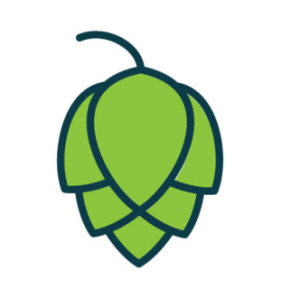
Great Lakes Hop IPM
The hops group at Michigan State University has released its 2023 Michigan Hop Management Guide. In an effort to assist hop growers as they make pesticide and nutrient management decisions, the guide is available for free at the Michigan State University Extension Hops page. The guide includes an updated list of registered pesticides, nutrient management recommendations and a guide to seasonal pest occurrence and management activities.
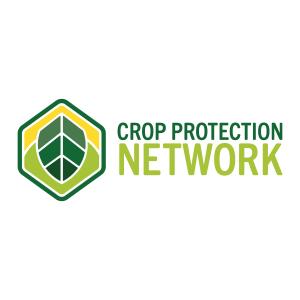
Crop Protection Network
The Crop Protection Network provides free resources, publications and tools to support production of alfalfa, corn, cotton, small grains, and soybeans in the United States. These resources help growers, extension professionals and advisors learn to recognize and manage insect and disease issues. New courses have been added to the Virtual Crop Scout School, which is free and available as webinars.
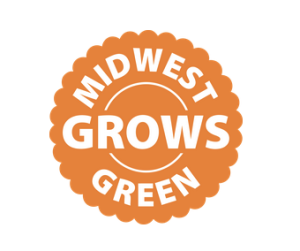
Midwest Grows Green
Midwest Grows Green (MGG) is a collective of community-based lawn and landscape care initiatives, unified by a single message – protect people, pets and the environment by practicing natural lawn care. MGG provided the first sustainable landscaping certification in the U.S. in 2023 through its Green Shield Certified program. Midwest Grows Green holds regular workshops to share details turf management and the Green Shield program, and resources for sports field management and natural area management are available.
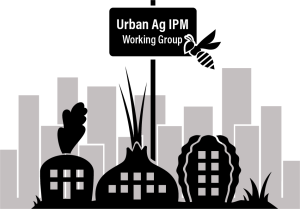
Great Lakes Urban Agriculture
The Great Lakes Urban Agriculture Working Group, established in 2016, supports urban agriculture by providing resources, research, and best management practices for pests that thrive in urban settings. Fourteen pest cards were created and provide recommendations for how to manage urban pests like groundhogs, deer and aphids in both English and Spanish. Members of this Working Group are currently preparing 15 Virtual Urban Farm Tours, which will be available later in 2024.
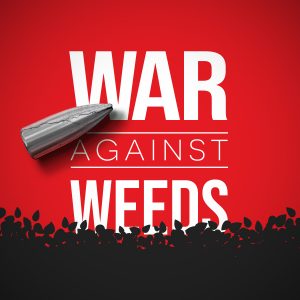
War Against Weeds Podcast
The War Against Weeds Podcast Working Group has consistently produced podcasts since 2021. Over 100 podcasts were published between 2021 and the end of 2023 featuring a wide range of weed-related topics including the following:
- Herbicide options and modes of action
- Specific crops like rice, dry beans and field peas
- Specific weeds like kochia, ragweed and ryegrass and
- Strategies for managing weeds in specific situations, such as in turfgrass or pastures
- non-chemical weed control options
- Management techniques from Europe and Australia.

